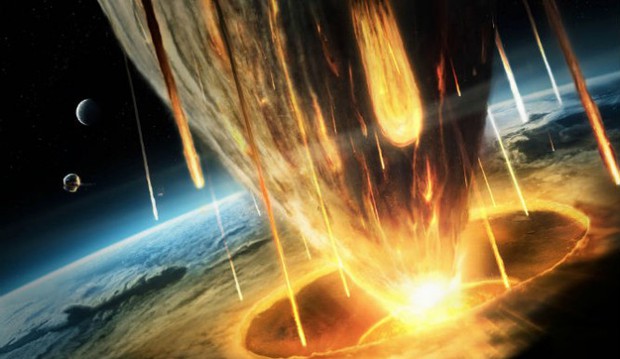NASA experts have confirmed that the probability of the asteroid Apophis causing the destruction of the Earth from the “sky” is almost 0.
Page Express recently reported that an asteroid Apophis with a diameter of about 300 meters, weighing about 20 million tons, has a flight fund close to Earth in April 2029 with a distance of less than 36,000 km, closer than distance. between many current man-made satellites with Earth.
The asteroid Apophis – the name of a devastating demon in Greek mythology – rushes towards Earth.
Because Apophis is so close to Earth, Earth’s gravity could alter Apophis’ orbit and increase the risk of collision by 2036, NASA experts say.
And 7 years later – on Friday April 13, 2036, the asteroid Apophis could collide with Earth. Our estimated travel speed for colliding with the planet is 37,000 to 38,000 km / h.
According to calculations, this collision will create an explosion 100,000 times more destructive than the atomic bomb dropped on Hiroshima during World War II. At this point, thousands of square kilometers of earth would be directly destroyed by the explosion and the Earth would suffer the consequences of huge clouds of dust filling the atmosphere. This means that our Earth could perish.
However, since 2013, NASA has claimed on EarthSky that the probability of a collision is 1: 250,000 – an extremely low number.
ASA explained that as it approaches Earth, Apophis’ flight orbit will be drastically changed due to the effect of Earth’s gravity. Therefore, it is likely that Apophis will have to fly through the space called the “keyhole” – with a diameter of around 610m. This space will refine the path of the Earth.
At the same time, after receiving information about the asteroid Apophis in 2004, scientists early predicted the risk of this collision and had planned, plans for the use of missiles, nuclear explosions. … to push asteroids out of orbit which could endanger Earth.
EarthSky, Livescience, Express



